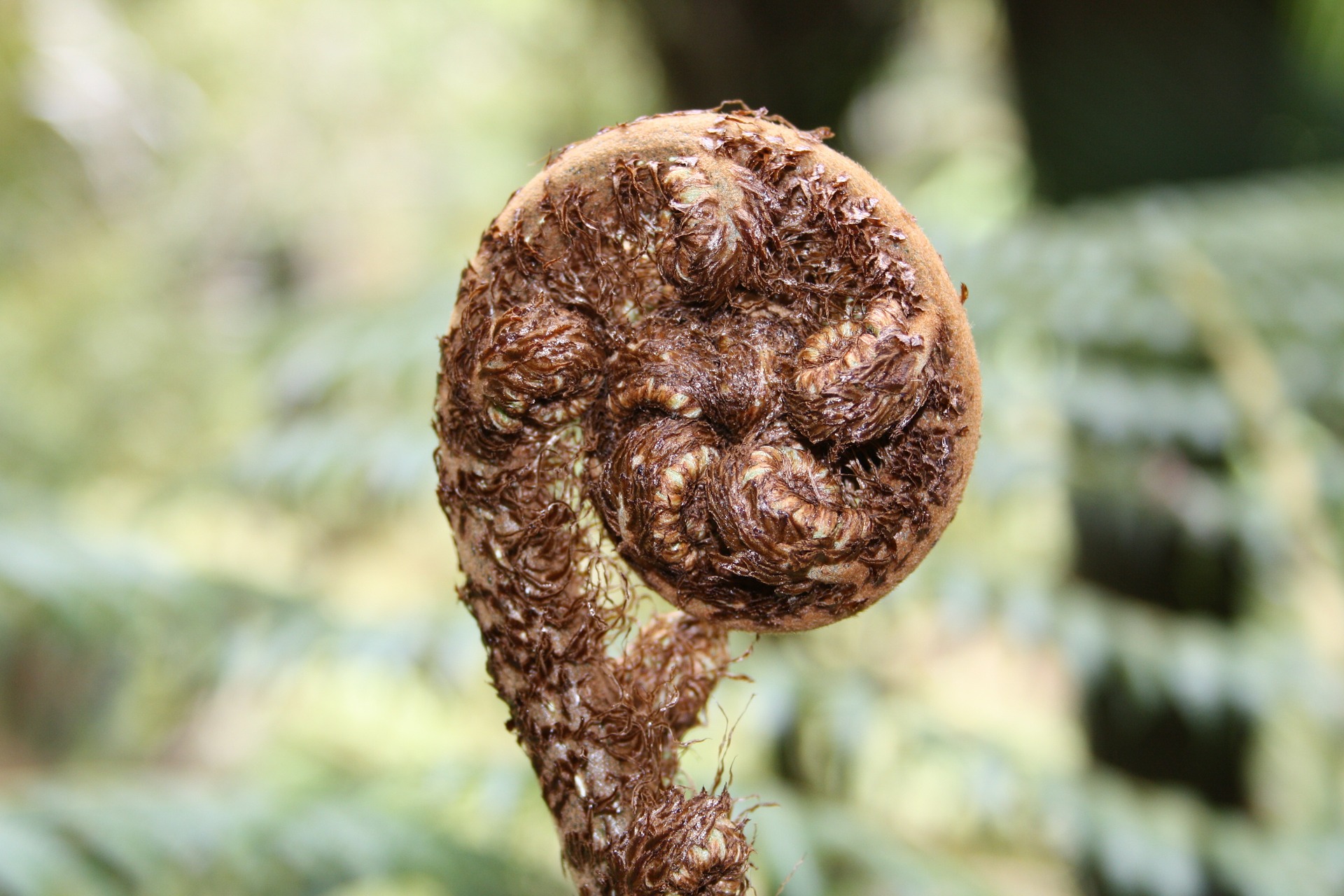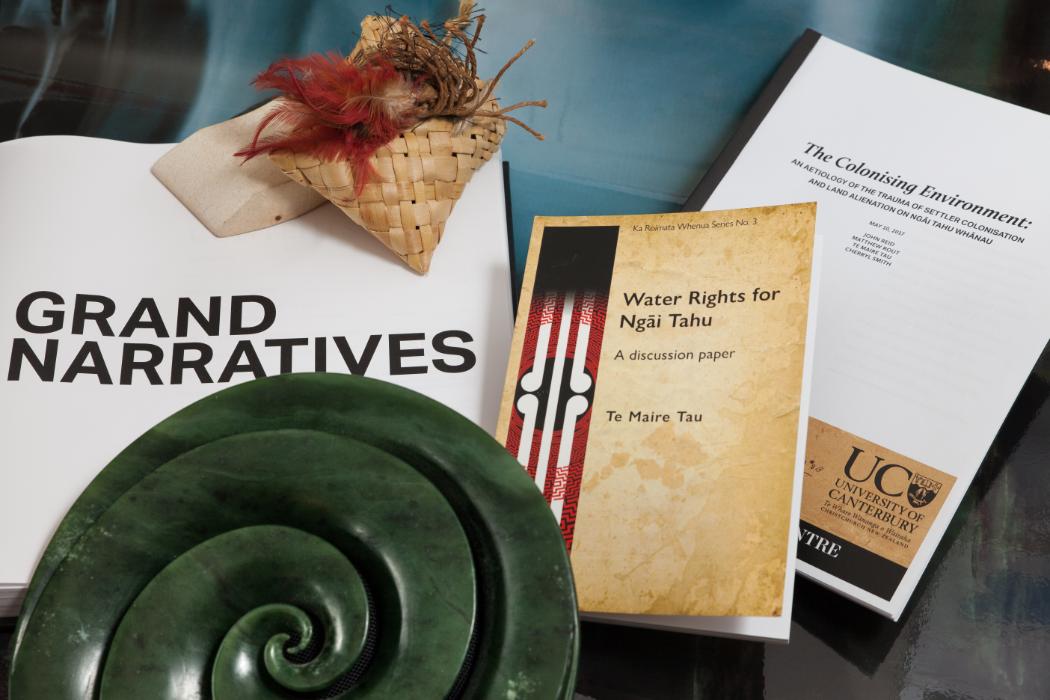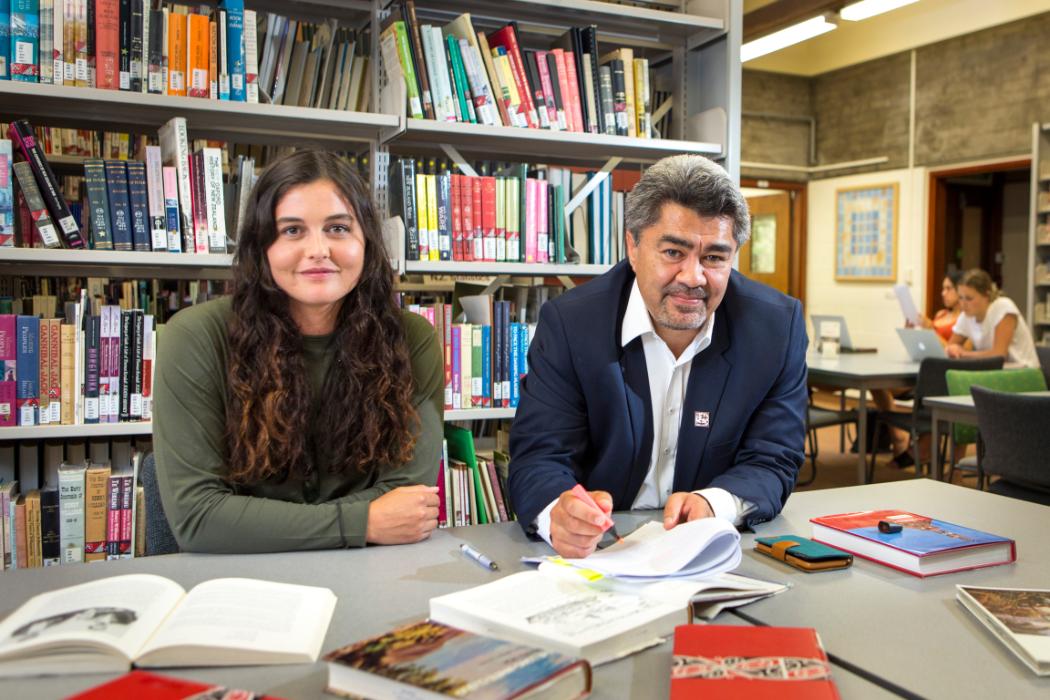Learn more about the Ngāi Tahu Research Centre
The Ngāi Tahu Research Centre was established in August 2011 as a joint initiative between Ngāi Tahu and the University of Canterbury.
The Ngāi Tahu Research Centre is best defined by reference to its dual mission statements, which are:
- To create intellectual capital and leadership able to lead and support tribal development.
- To establish the Ngāi Tahu Research Centre as the foremost indigenous Research Centre in New Zealand and the Pacific with strong links to the principal institutions that lead indigenous scholarship and development.
The centre's priorities are supporting postgraduate students and producing high-quality research in indigenous studies. The NTRC has two key areas of research focus: historical, specifically the social, cultural, political, legal and economic factors of colonial and modern Ngāi Tahu and Māori experience; and contemporary, focusing on socio-economic development and environmental sustainability for Ngāi Tahu, Māori and the global indigenous community.
-
First Nations' Futures Programme
The First Nations’ Futures Programme (FNFP) is an international alliance between Ngāi Tahu, the Kamehameha Schools in Hawai'i and Stanford University. Sea Alaska, the Ngāi Tahu Research Centre at UC, and the University of Otago also participate. Learn more about this programme.

-
First Nations' Futures Programme
The First Nations’ Futures Programme (FNFP) is an international alliance between Ngāi Tahu, the Kamehameha Schools in Hawai'i and Stanford University. Sea Alaska, the Ngāi Tahu Research Centre at UC, and the University of Otago also participate. Learn more about this programme.

-

First Nations' Futures Programme
-
Publications
From books and book chapters to journal articles and reports for external bodies, check out publications from the Kā Waimaero | Ngāi Tahu Centre.

-
Publications
From books and book chapters to journal articles and reports for external bodies, check out publications from the Kā Waimaero | Ngāi Tahu Centre.

-

Publications
-
Scholarships
The Ngāi Tahu Centre (NTC) nurtures quality postgraduates to create intellectual capital and leadership. A number of postgraduate scholarships are offered to students who want to complete a thesis in an area that aligns with the objectives of the NTC. Check out the scholarships available at the NTC.

-
Scholarships
The Ngāi Tahu Centre (NTC) nurtures quality postgraduates to create intellectual capital and leadership. A number of postgraduate scholarships are offered to students who want to complete a thesis in an area that aligns with the objectives of the NTC. Check out the scholarships available at the NTC.

-

Scholarships
-
Contemporary Research Division
The Contemporary Research Division (CRD) works on socioeconomic development and environmental sustainability initiatives and projects for Ngāi Tahu Māori and the global indigenous community. We focus on applied outcomes through cultural matching and interdisciplinary analysis. Learn more.
-
Contemporary Research Division
The Contemporary Research Division (CRD) works on socioeconomic development and environmental sustainability initiatives and projects for Ngāi Tahu Māori and the global indigenous community. We focus on applied outcomes through cultural matching and interdisciplinary analysis. Learn more.
-
Contemporary Research Division
-
Seminars
UC's Ngāi Tahu Centre hosts a series of seminars. See what's coming up and check out previous Ngāi Tahu seminars.
-
Seminars
UC's Ngāi Tahu Centre hosts a series of seminars. See what's coming up and check out previous Ngāi Tahu seminars.
-
Seminars
-
News
From appointments to relationships, check out the latest Ngāi Tahu Research Centre news.
-
News
From appointments to relationships, check out the latest Ngāi Tahu Research Centre news.
-
News
-
Contact us
There are lots of ways to contact us at the Kā Waimaero | Ngāi Tahu Centre. Meet our people and see where we are on campus.
-
Contact us
There are lots of ways to contact us at the Kā Waimaero | Ngāi Tahu Centre. Meet our people and see where we are on campus.
-
Contact us
For all enquiries
News, events and seminars
-
UC delegation joins COP28 global climate conference
Distinguished Professor Steven Ratuva is leading UC’s first delegation to a UN Conference of Parties (COP) climate change conference in Dubai from 30 November.

-
UC delegation joins COP28 global climate conference
Distinguished Professor Steven Ratuva is leading UC’s first delegation to a UN Conference of Parties (COP) climate change conference in Dubai from 30 November.

-

UC delegation joins COP28 global climate conference
-
Events
From seminars and lectures to arts and sporting events there are lots of interesting things happening at UC all the time! See what's on for students, staff, and the public or use the search to find an upcoming event.
-
Events
From seminars and lectures to arts and sporting events there are lots of interesting things happening at UC all the time! See what's on for students, staff, and the public or use the search to find an upcoming event.
-
Events
-
Seminars
UC's Ngāi Tahu Centre hosts a series of seminars. See what's coming up and check out previous Ngāi Tahu seminars.
-
Seminars
UC's Ngāi Tahu Centre hosts a series of seminars. See what's coming up and check out previous Ngāi Tahu seminars.
-
Seminars

